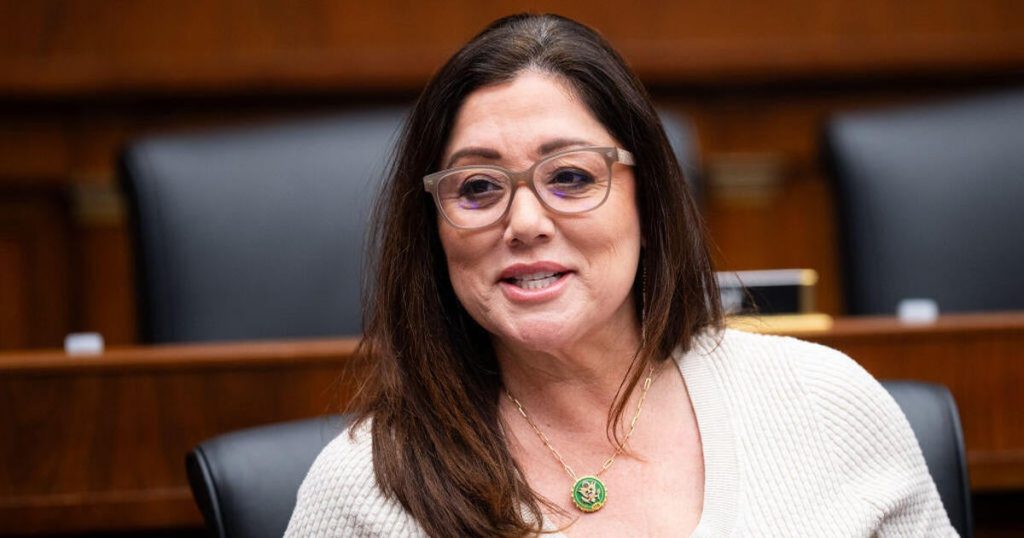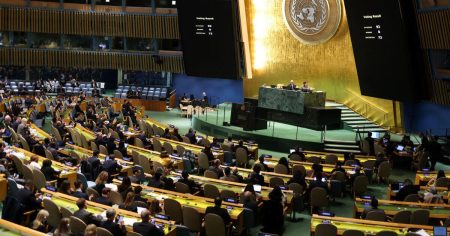Lori Chavez-DeRemer’s Nomination for Labor Secretary: An Overview
Lori Chavez-DeRemer, a former Republican Representative from Oregon, has been nominated by President Trump to lead the Labor Department. Her confirmation hearing with the Senate Health, Education, Labor, and Pensions (HELP) Committee is set to be a pivotal moment, especially as she faces opposition from within her own party, notably from Senator Rand Paul of Kentucky. This hearing marks a crucial step in her potential appointment, given the committee’s role in scrutinizing her qualifications and policies.
Rand Paul’s Stance and Pro-Union Policies
Senator Rand Paul has emerged as a significant opponent to Chavez-DeRemer’s nomination, primarily due to her past support for pro-union legislation, particularly the Protecting the Right to Organize Act (PRO Act). This act aims to enhance labor protections and collective bargaining rights, which conflicts with Paul’s advocacy for right-to-work laws. Paul’s opposition underscores the internal Republican divide on labor policies and highlights the challenges Chavez-DeRemer may face in securing party unity.
Political Dynamics in the Senate Committee
The Senate HELP Committee, with its 12-11 Republican majority, presents a challenging landscape for Chavez-DeRemer. Without Rand Paul’s support, she must secure at least one Democratic vote to advance her nomination. This scenario reflects the broader political tensions, as Democrats remain skeptical of Trump’s nominees, especially given his administration’s controversial actions, including the overhaul of the executive branch and the firing of federal workers.
Chavez-DeRemer’s Background and Significance
Lori Chavez-DeRemer’s nomination is notable for her historical significance as the first Republican woman elected to Congress from Oregon. Her brief tenure in Congress included support for policies like the PRO Act, which, while aligning with some Democratic priorities, has drawn Republican criticism. Her background and political stance make her a fascinating yet controversial candidate for the Labor Secretary position.
Broader Context of Trump’s Administration
Chavez-DeRemer’s nomination occurs amidst a backdrop of challenges faced by Trump’s administration in confirming nominees. While many have been confirmed with minimal Republican dissent, instances of opposition highlight internal party divisions. This nomination serves as a microcosm of the administration’s struggles in navigating a polarized political environment, where even historically loyal Republicans may defect on key issues.
Conclusion and Implications
The confirmation process for Lori Chavez-DeRemer reflects broader dynamics within the Republican Party and the administration’s approach to labor policies. Rand Paul’s opposition, coupled with potential Democratic hesitancy, underscores the challenges in achieving bipartisan support. As the hearing approaches, the outcome remains uncertain, casting a spotlight on the intricate political landscape of Trump’s administration and the future of labor policies under potential new leadership.















